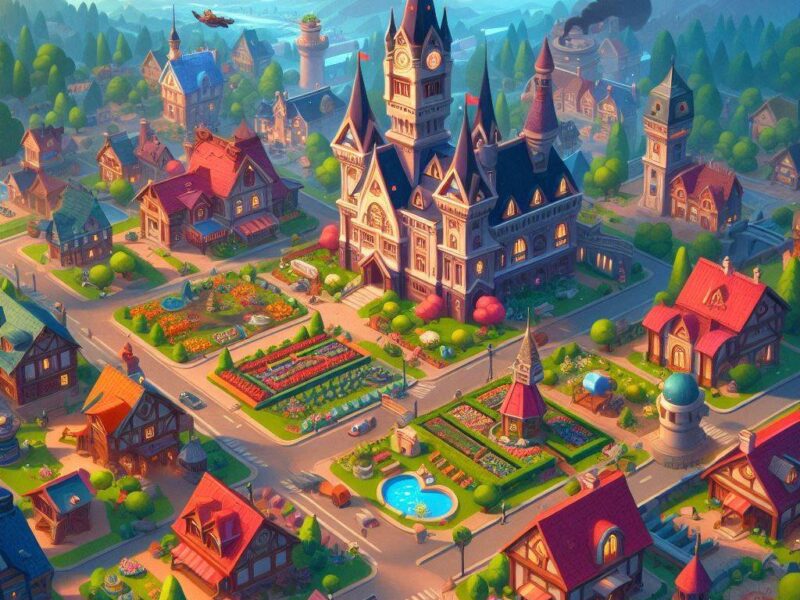The Foundation: Basic Education
A strong foundation in mathematics, science, and English is essential for any aspiring web designer. These subjects foster logical thinking, problem-solving skills, and effective communication—all indispensable tools in the web design toolkit.
The Crucial Turning Point: Degree or Diploma?
While a four-year degree in web design or computer science can provide a comprehensive education, it’s not the only path to success. Many successful web designers have honed their skills through diploma programs, online courses, and self-study. Case in point: the founder of Instagram, Kevin Systrom, taught himself programming and design before creating one of the most popular social media platforms today.
The Skillset: Technical and Soft Skills

A web designer’s toolbox includes a variety of technical skills such as HTML, CSS, JavaScript, and UX/UI design principles. However, soft skills like creativity, adaptability, and collaboration are equally important. These skills enable designers to create intuitive, user-friendly interfaces that resonate with users.
The Hands-On Experience: Internships and Projects
Practical experience is invaluable in the world of web design. Internships offer a chance to work on real projects under the guidance of experienced professionals. Building personal projects also allows designers to showcase their unique style and creativity.
The Continuous Learning: Staying Ahead of the Curve
Web design is an ever-evolving field, with new technologies and trends emerging constantly. To stay ahead, continuous learning is crucial. This could mean attending workshops, webinars, or online courses to keep your skills sharp and your knowledge up-to-date.
FAQs:
1. What degree should I pursue to become a web designer?
While a degree in web design or computer science can be beneficial, it’s not the only path. Many successful designers have self-taught or pursued diplomas.
2. What skills are essential for a web designer?
Technical skills like HTML, CSS, JavaScript, and UX/UI design principles are crucial. Soft skills such as creativity, adaptability, and collaboration are equally important.
3. How can I gain practical experience in web design?
Internships and personal projects are excellent ways to gain hands-on experience.
4. How do I stay updated with the latest trends in web design?
Continuous learning through workshops, webinars, or online courses is essential to staying ahead in this ever-evolving field.
In conclusion, the path to becoming a web designer is not a linear one. It’s a journey that requires a strong foundation, a willingness to learn, and a passion for creativity.


